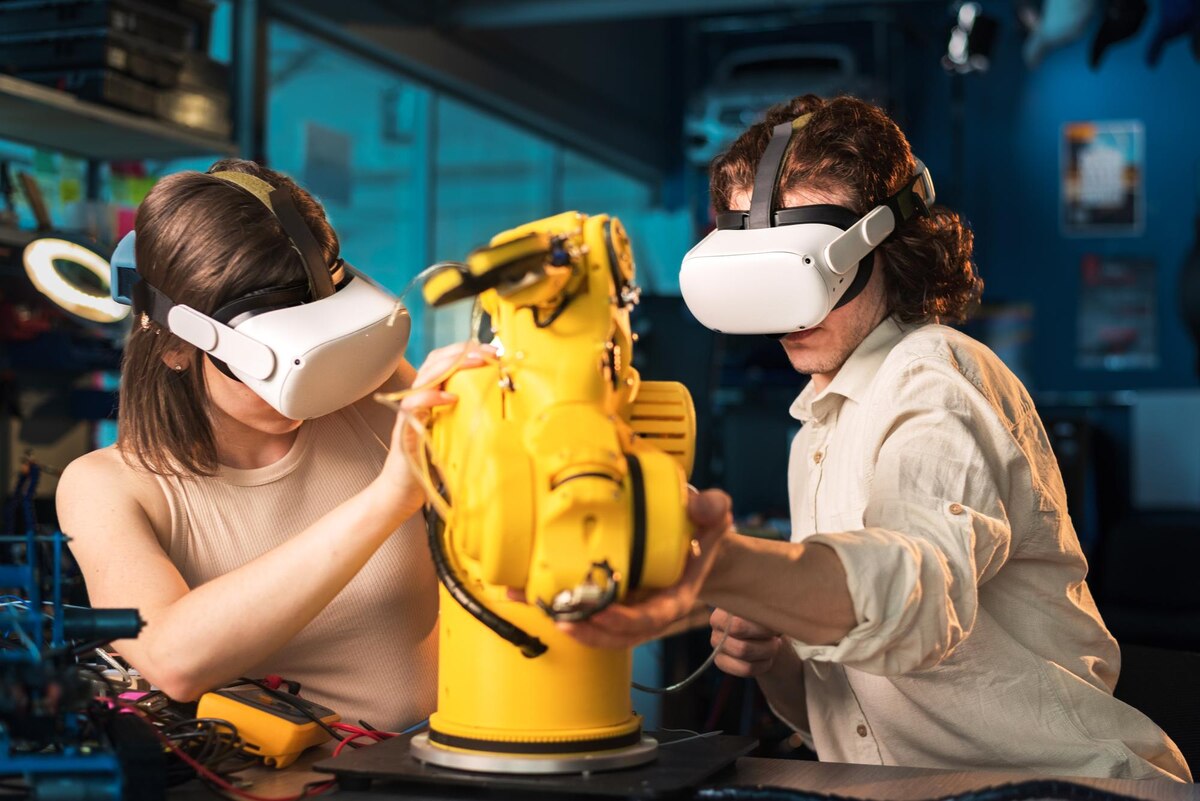The advent of artificial intelligence (AI) in filmmaking has sparked a revolutionary change in how films are created, produced, and consumed.Read More
AI’s influence in the film industry can be seen in various stages of production. From script analysis and storyboarding to post-production and marketing, AI tools streamline processes that once took considerable time and effort. Algorithms can analyze audience preferences, helping studios make data-driven decisions about casting, genres, and promotional strategies. For instance, companies like ScriptBook use AI to predict a screenplay’s success by evaluating its structure, characters, and plot. Moreover, AI can assist in the creative process. Generative algorithms can produce scripts, music, and even visual effects. While this capability may enhance productivity, it raises the question: can AI truly replicate human creativity, or does it merely mimic existing patterns? One of the primary ethical concerns surrounding AI in filmmaking is the potential erosion of human creativity. Filmmaking is inherently an art form that thrives on individual expression, intuition, and emotional depth. The fear is that reliance on AI could lead to formulaic storytelling, diminishing the unique perspectives that diverse creators bring to the table. Automated systems often depend on historical data, which could perpetuate existing biases and limit the exploration of innovative narratives. Furthermore, the use of AI raises issues related to authorship and intellectual property. If an AI program generates a screenplay, who owns the rights to that work? This dilemma poses challenges for copyright law and raises questions about the value of human-created art versus AI-generated content. As AI continues to permeate the filmmaking process, industry professionals must consider their ethical responsibilities. Here are some key considerations: The integration of AI in filmmaking presents both exciting opportunities and significant ethical challenges. As the industry continues to evolve, filmmakers must find a balance between leveraging AI’s capabilities and preserving the creative essence of storytelling. By fostering an environment that prioritizes transparency, diversity, and human collaboration, the film industry can harness the power of AI while ensuring that creativity remains at its core. The future of filmmaking lies in striking a harmonious chord between innovation and artistry, allowing human creativity to flourish alongside technological advancements.The Role of AI in Filmmaking
The Creativity vs. Automation Debate
Ethical Considerations for Filmmakers
Conclusion

The Ethical Implications of AI in Filmmaking: Creativity vs. Automation
The advent of artificial intelligence (AI) in filmmaking has sparked a revolutionary change in how films are created, produced, and consumed.Read More
